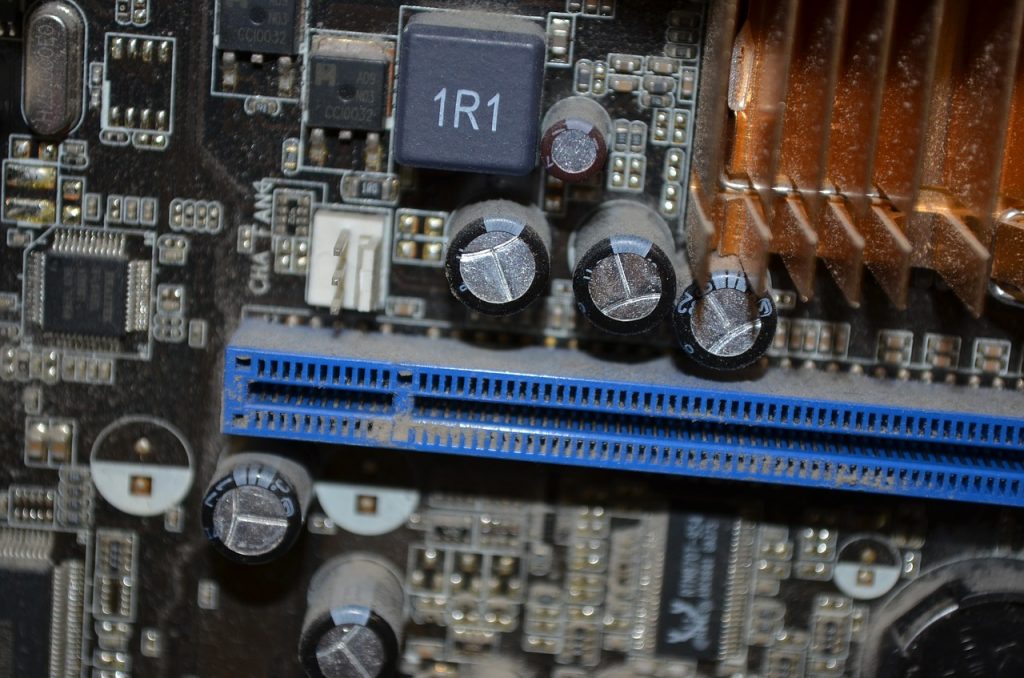To the less techie folks who own a computer, they may not think of dust collecting on the surfaces of their PCs as something concerning. They may only notice damage when their screen starts to act up, displaying odd lines, developing scratches, and cracks. But when they take it to their trusted computer screen repair expert, the repairman may discover another, more notorious culprit behind the damage: dust.
Like any other surface, a computer’s heat sink, which is located in the CPU, also collects dust over time. When left to accumulate, the heat sink may clog, disrupting its function, which is to keep the computer’s circuits from overheating.
Though screen damage may not be directly connected to an overheating PC, it doesn’t mean that you should rule out a possible dust issue within your CPU. While your screen is being repaired, don’t miss the chance to have your computer’s interiors checked, too.
That said, here are the dangers of excessive dust sitting inside your PC.
1. Overheating
How can dust lead to overheating? It’s pretty simple — when the dust settles on the memory modules, it insulates them, preventing the computer’s fans to cool down the PC.
The computer’s fans are meant to draw away the heat, and let cool air in. When this function is disrupted by dust buildup, the exhaust vents will be blocked, and the fans may create friction, which generates heat that may eventually develop to overheating.
2. Fast-draining Batteries
Fast-draining batteries are also related to overheating. That’s because the fans will be pressured to run at full blast, forcing your batteries, in turn, to work harder, which will cause them to lose power faster.
3. DVD Drive Issues
When you insert a disc to your computer, the DVD drive’s lens will emit a wavelength of 650 nanometers, which is how it reads the disc’s data. When dust contaminates the lens, its function will be affected, resulting in error messages when you read or burn files in a disc.
4. Slower Performance
When your PC just runs too slow no matter how much you reboot or refresh it, the cause is possibly an overheated CPU. Fans spinning at max capacity will reduce your computer’s speed so it can stay cool.
Signs of a Dusty Heat Sink
 The stated effects don’t happen immediately; rather, they turn up when your heat sink is already too dusty that it’ll be impossible to clean them off yourself. Therefore, if you never dusted off your computer even once, look for these signs of a clogged heat sink and clean your PC before the inevitable occurs:
The stated effects don’t happen immediately; rather, they turn up when your heat sink is already too dusty that it’ll be impossible to clean them off yourself. Therefore, if you never dusted off your computer even once, look for these signs of a clogged heat sink and clean your PC before the inevitable occurs:
- Fan noise louder than normal
- Hot laptop surface (If you own a desktop, download a utility software that checks the CPU’s temperature.)
- System instability (sudden restarts or shutdowns)
- Dusty screen and keyboard
How to Clean Your CPU
If you don’t have time to take your PC to a professional, refer to its user manual on how to access the CPU. Once it’s exposed, use a can of compressed air and shoot short bursts from different angles until the dust is cleared. You may need to do this once or twice a month.
Brush dust away from your keyboard and vent every other week or once a month. Reach through the spaces underneath and between each key, as food residue and other dirt may have also gotten stuck in there.
Cleaning your PC regularly is the easiest way to maintain it and get your money’s worth. No matter how expensive your device is, it won’t last as long as you expect if you let it harbor dirt.

